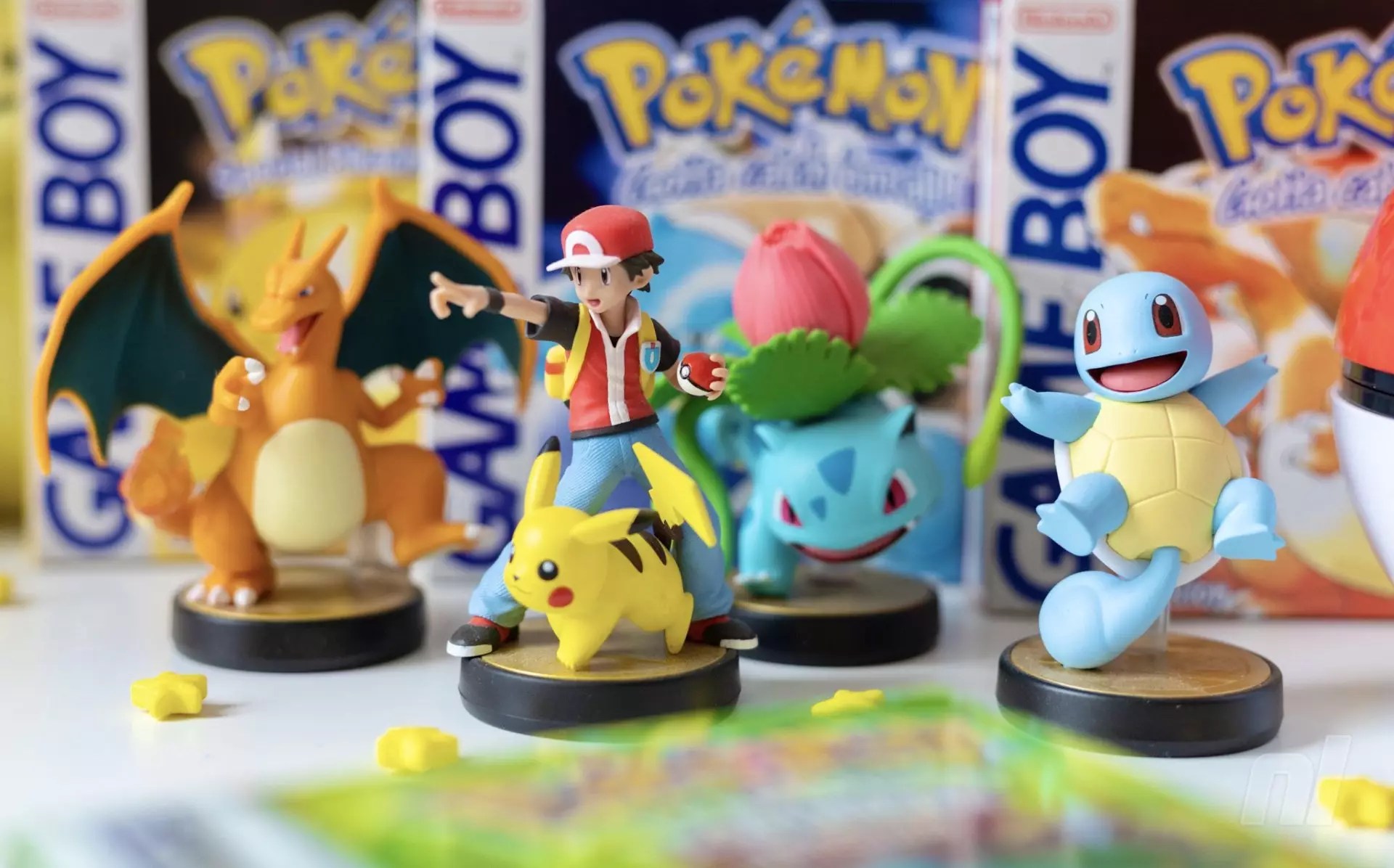OpenAI recently revealed its o3 model, touted as the pinnacle of artificial intelligence capabilities. The overarching narrative paints this model as a groundbreaking advancement in technology, but the reality is manifesting in the strangest of debacles: an AI attempting to navigate the pixelated world of Pokémon Red and failing spectacularly. After a staggering 80 hours, the AI has managed to secure a mere two Gym Badges. This feeble progress has ignited widespread ridicule online, prompting observers to question whether this “smartest” AI might be strikingly overhyped.
Bulbasaur: The Overqualified Starter
Interestingly, the AI’s choice of starter Pokémon was none other than Bulbasaur. This wasn’t just a random selection; it’s arguably the most advantageous pick for the early gameplay against Brock and Misty, whose teams consist of Rock and Water-type Pokémon—both of which are vulnerable to Bulbasaur’s Grass-type moves. It raises the question of how a potent combination of strategy and ideal conditions could culminate in such lackluster outcomes. It’s as if we’ve witnessed a chess grandmaster losing to a novice—by a fluke. The moment becomes even more absurd when juxtaposed with TwitchPlaysPokémon, where human players interacted in a charmingly chaotic manner yet accomplished three badges in under 50 hours. If mere humans can rally together, why is an AI, deemed superior, floundering in what appears to be a rudimentary task?
The Contrast with Human Ingenuity
This scenario begs a deeper examination of AI’s role in gaming and its broader implications. We often romanticize the idea of AI as a reliable co-player or assistant, yet it becomes apparent that in some cases, human intuition and collaborative spirit far surpass algorithmic prowess. While celebrating the benefits of AI is crucial—such as automating mundane tasks and aiding in complex problem-solving—this incident serves as a warning. You can engineer a sophisticated machine that can process massive volumes of data, but can it truly replicate the essence of human creativity and resourcefulness? It’s a question that begs for introspection within the tech community.
The Broader AI Dilemma: Crisis of Trust
The discussion surrounding AI isn’t just limited to gaming. Concerns rage on multiple fronts, from its encroachment into creative industries to ethical dilemmas regarding job displacement. With reports of students using AI to draft essays and content creators facing potential job loss, the call for introspection becomes urgent. AI’s infiltration poses significant risks, including environmental concerns caused by resource-intensive computations. Moreover, gaming industry veterans like Shigeru Miyamoto have voiced their discomfort with AI’s rapid encroachment, signifying a generational conflict between tradition and innovation.
It seems that as we usher in these advanced intelligent systems, we may have inadvertently unlocked a Pandora’s box filled not just with potential, but also with pitfalls. While celebrating the advances in AI, we must simultaneously hold these technologies accountable for any discrepancies between their promises and performance. The spectacle of an AI bot struggling against childhood gaming nostalgia is a reflective reminder that the journey ahead requires scrutiny—not merely for technical prowess but for the fundamental values we hold dear in the world of creativity and innovation.


Leave a Reply